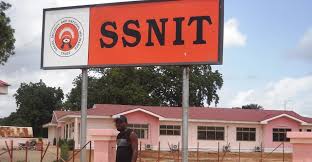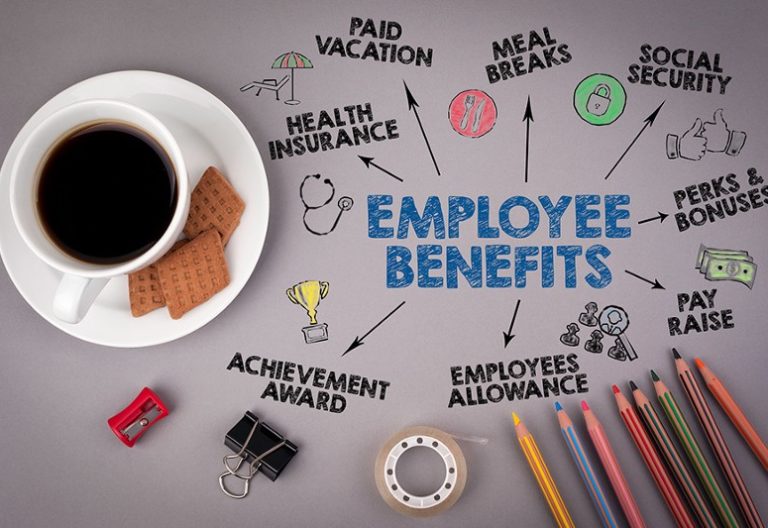One of the areas that is of great importance to the leadership of every state or country is the social well-being of the citizenry. The situation is the same for Ghana. As part of efforts to safeguard the social prosperity of the people of Ghana, there has been the institution of a scheme that requires payments towards the social well-being of Ghanaians. This instigates some obligations on the part of employers and employees alike.
In this article, I provide highlight of some provisions of the National Pensions Act, 2008, Act 766. The Act establishes a three-tier pension scheme. It also establishes the Social Security and National Insurance Trust, the organization that operates the basic (first) national social security pension scheme and other schemes as may be prescribed by law. The other two schemes are operated by other institutions depending on the choice of the contributing person or organization.
Monthly obligation
As an employee, you are required by law to make monthly contribution towards this first tier. The amount that the employee is expected to pay is calculated as 5.5% of his or her basic pay or salary. Employers are also required to pay 13% of each of their employees’ basic pay or salary to their benefit. Out of the total of 18.5%, employers are obliged to pay 13.5% to SSNIT towards the Tier One Scheme contribution. The remaining 5% is expected to be paid towards the Tier Two Scheme. This is backed by law and must therefore be complied with; failure to do so comes with repercussions.
Application of Scheme
The fulfillment of the obligation as indicated above is expected by every employer and employee. It also affects any self-employed person that opts to join the scheme. Again, employers, employees and self-employed persons to whom the Social Security Act, 1991 (P.N.D.C.L. 247) applied immediately before the commencement of Act 766 are also required to abide by the obligation. The law additionally states that the only group that this obligation does not apply to are officers and men of the Ghana Armed Forces and those expressly exempted by law.
Time for payment
The law states clearly that the amount payable to SSNIT in respect of any month must be paid by 14th of the following or ensuing month.
Where to make payment
Payment for Tier One can be made at any of the branches of SSNIT. It must be noted that before payment can be made, the amount to be paid must first be determined and approved by SSNIT.
Validation
This describes the approval for the amount to be paid for workers for any month in respect of Tier One contribution. Validation is always done by SSNIT. Before it can take place, the employer is required by law to send to SSNIT usually by email or hand delivery by the end of the month, a list of employees, for whom contribution is to made, with their respective basic salaries. This list is what SSNIT calls contribution report. SSNIT will then validate the amount to be paid. The result of this is a validation report which SSNIT will send to the employer for payment to be made. It must be stated that this is very much needed as without it payment cannot be made.
Employers must join heart and mind with the state in contributing to the social well-being of workers by fulfilling their part of the 13% contribution and ultimately paying all the amount that needs to be paid and also ensure that payment is made within the prescribed time. Employees must also help by ensuring that the payments are regularly carried out.
retirement benefitsssnittier 1tier 2tier 3



Leave a Reply